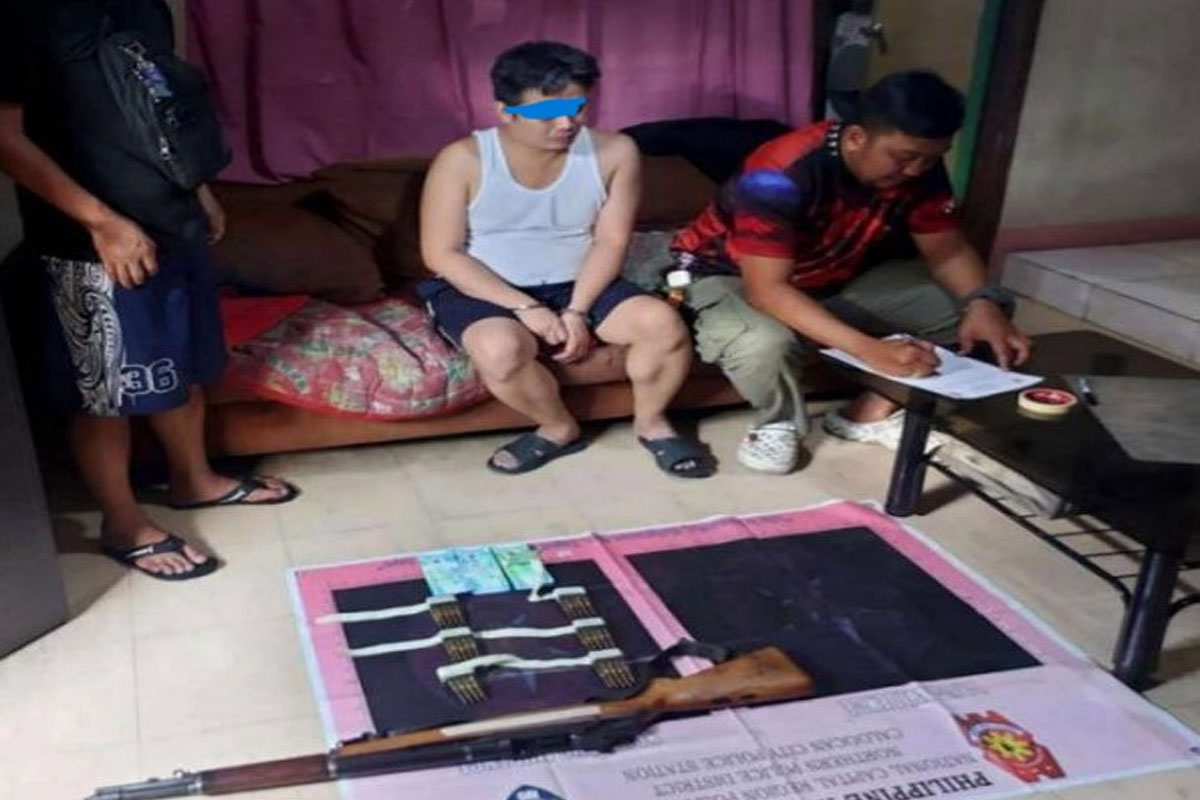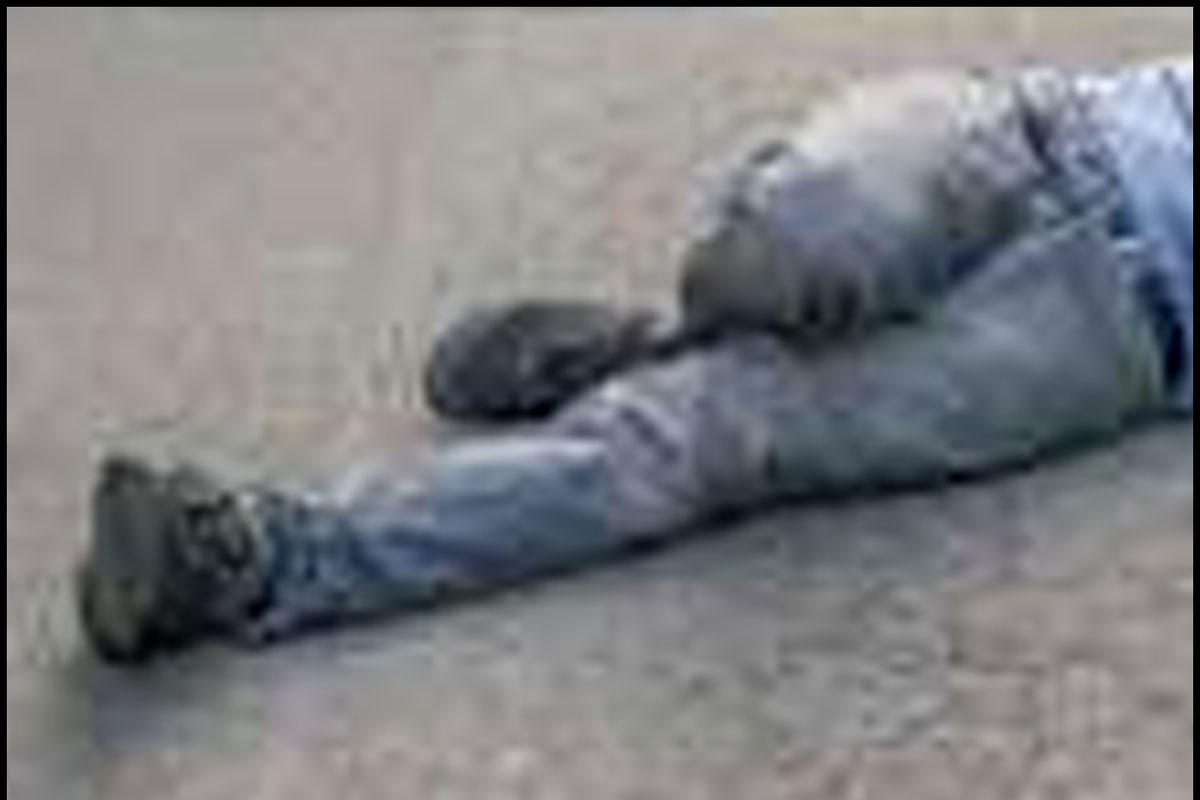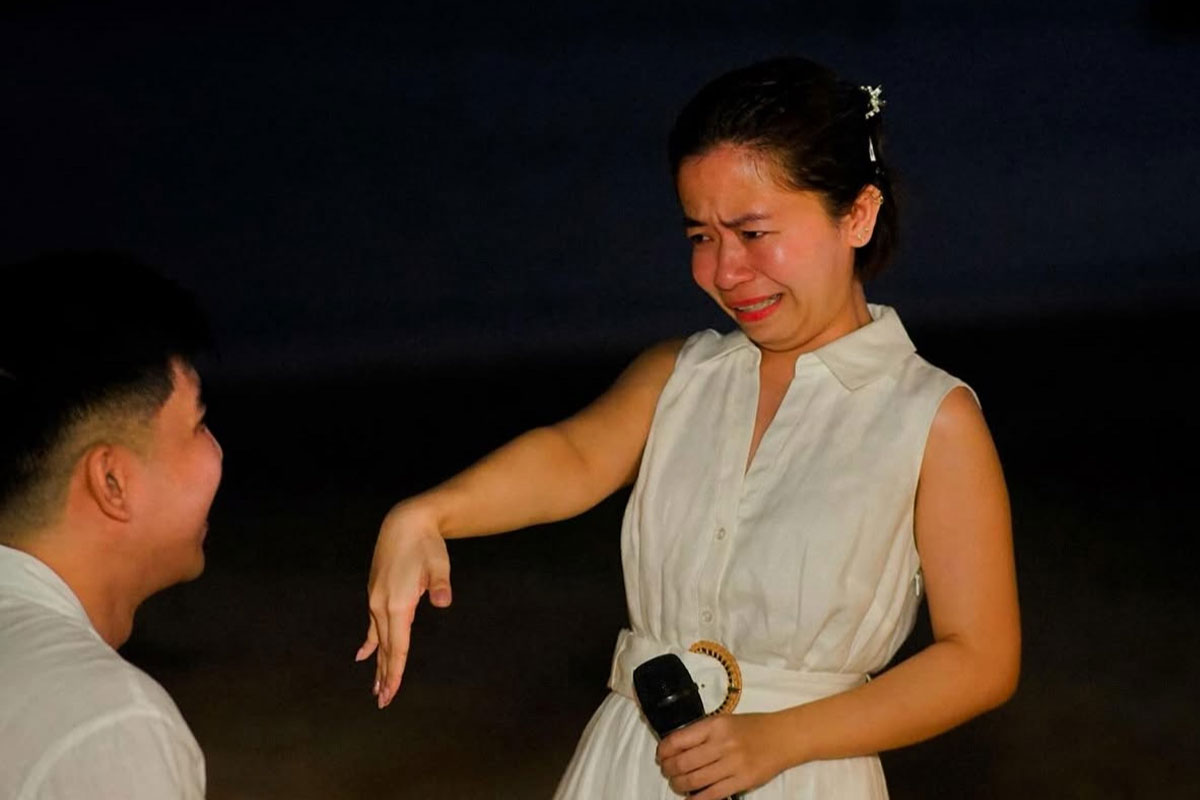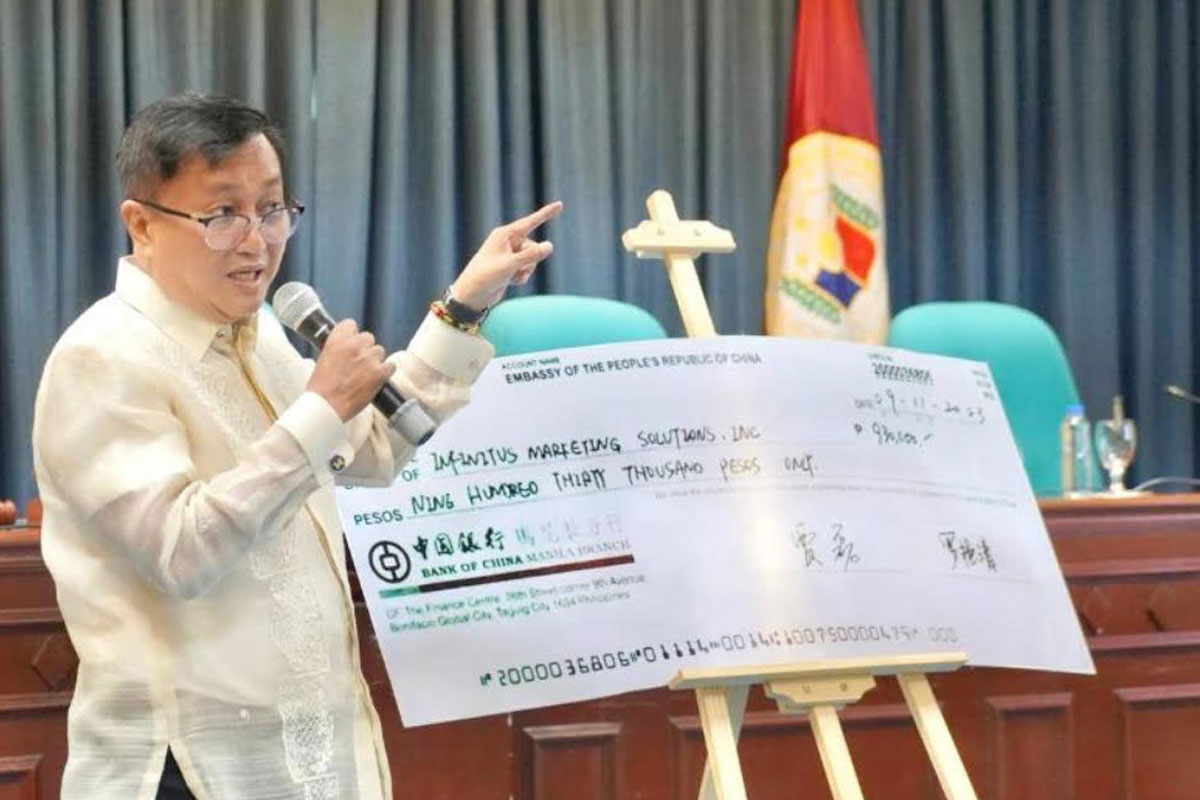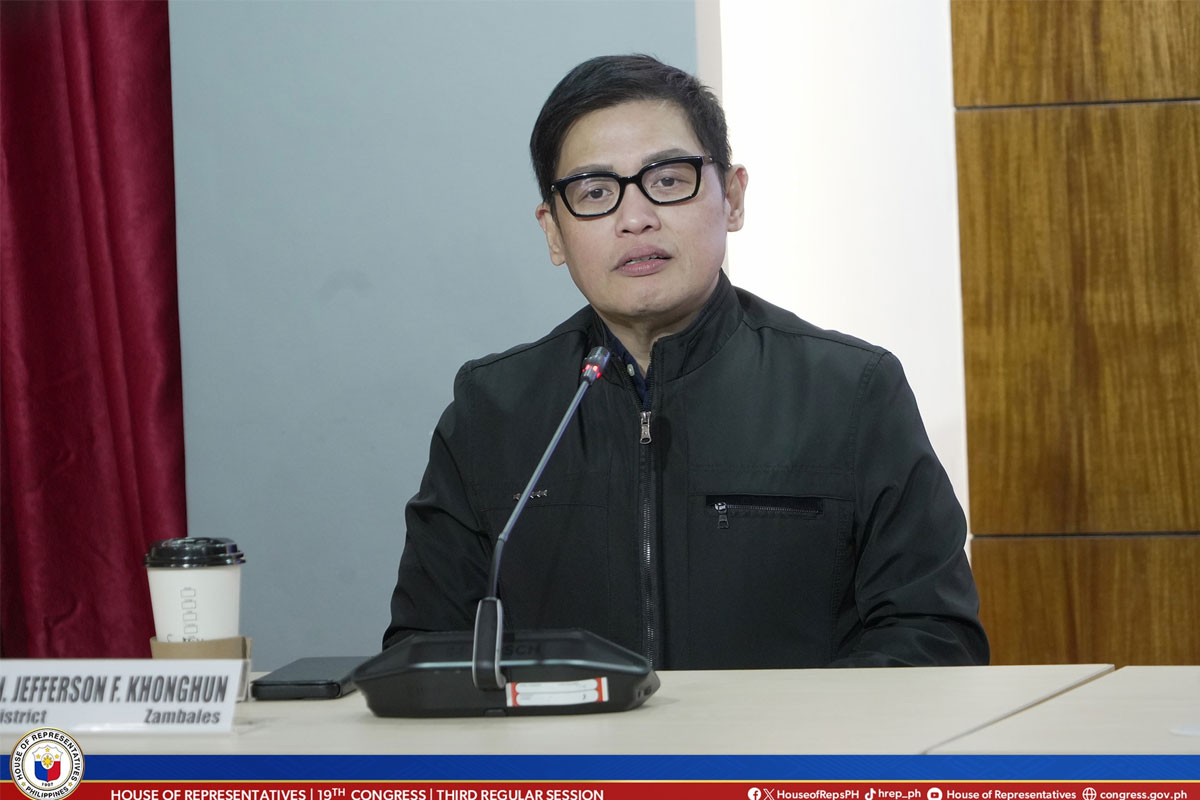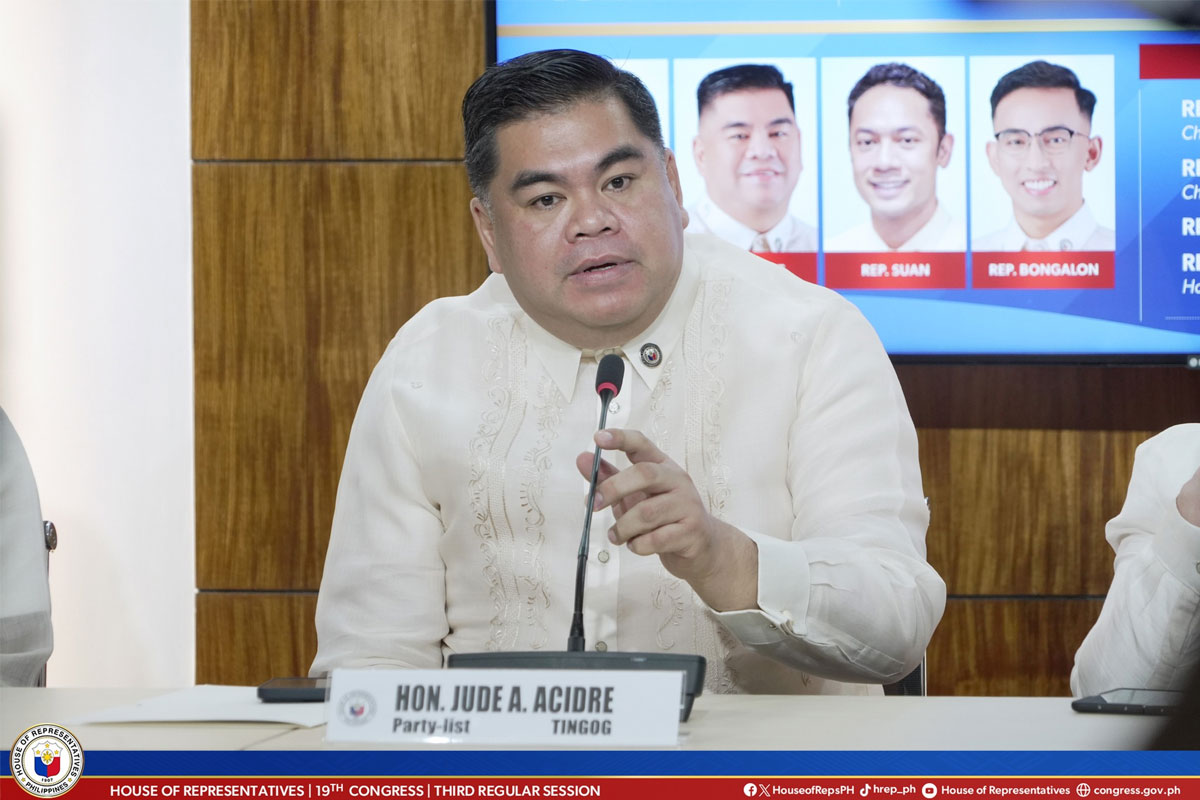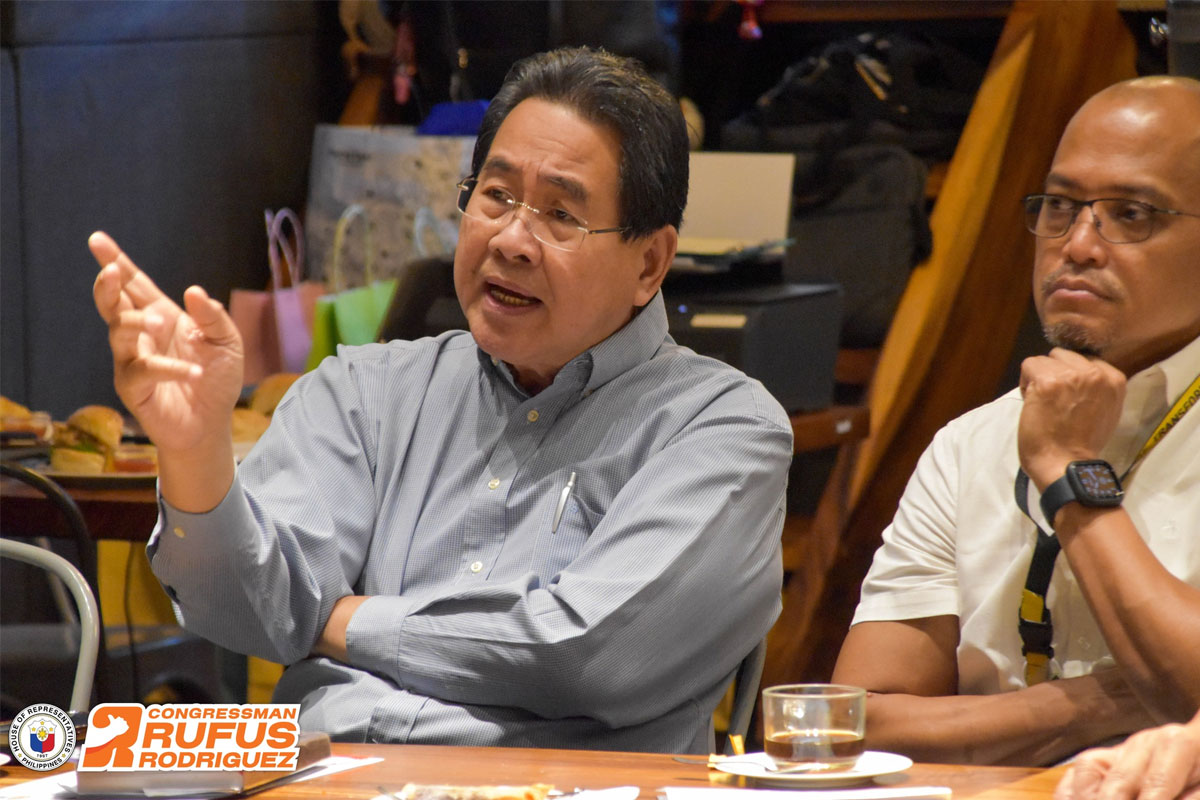
Solon seeks OK of magna carta for healthcare workers
A LAWMAKER is calling on the Senate to expedite the passing of Magna Carta for Barangay Health Workers (BHWs), a bill that aims to give job security to barangay health workers (BHWs).
The bill once enacted into law will “de-politicize” the employment of barangay health workers in local government units (LGUs).
This way, BHWs qualified to receive a broad set of economic incentives and benefits—ranging from a P3,000 monthly allowance and hazard pay to insurance coverage and free medical plus legal services–will no longer be “at the mercy” of local chief executives who, at present, can fire them “capriciously” over their “perceived adverse political leanings,” Rep. Luis Raymund Villafuerte, a former governor, said.
“With the ever increasing growth rate of our population, our BHWs are truly indispensable as basic medical front liners in local communities,” Villafuerte said.
They are always in the frontline of providing maternal, newborn and child health care in the neighborhood, and act as health educators and community organizers in promoting the government’s health awareness campaigns down to the smallest unit of our society: the family. Undeniably, the nature of their work is full-time.”
Despite their indispensability in community healthcare delivery, though, our BHWs are sadly treated as mere “volunteers” under Republic Act (RA) 7883, or “The Barangay Health Workers’ Benefits and Incentives Act of 1995,” who each receive about five weeks of training and meager pay, he said.
For Villafuerte, “This bill therefore aims to revise the existing law in order to recognize and improve on the realities presently at work.
“We must recognize that our barangay health workers and the barangay health services they help deliver at the grassroots level are keys to the country’s attainment of high and inclusive growth through sustainable human development.”
HB 6557 further requires, he said, the municipal, city or provincial government to set up with the Department of the Interior and Local Government (DILG) “a grievance mechanism to settle complaints regarding acts of discrimination against or unjust removal of BHWs from their jobs.”
This substitute bill, which was passed by the House by a 258 vote, also requires the Department of Health (DOH) to draw up and maintain a national registry of BHWs who are entitled to receive the new set of economic incentives and benefits, in recognition of their indispensable role as basic medical front liners in our communities,” Villafuerte said.
A similar Magna Carta for BHWs was passed by the House of Representatives during the 18th Congress, but its counterpart bill was not passed by the Senate.
HB 6557 had consolidated numerous pro-BHW bills, including HB 301, which Villafuerte had authored with Cam Sur Reps. Miguel Luis Villafuerte and Tsuyoshi Anthony Horibata along with the Bicol Saro partylist.
Villafuerte said the House-passed HB 6557 entitles all accredited BHWs with insurance coverage and benefits from the Government Service Insurance System (GSIS), the cost of which shall be shouldered by the concerned LGUs.
“For this purpose, the GSIS is tasked to design an insurance benefit package suited for BHWs.”
For the accredited BHWs’ up-skilling, he said the bill directs the DOH to work with the Department of Education (DepEd), Commission on Higher Education (CHED), Technical Education and Skills Development Authority (TESDA) and other concerned agencies and non¬-government organizations (NGOs) on providing information and opportunities for training, education and career enrichment programs to accredited community health workers.
Villafuerte noted that BHWs live in the communities they serve, and act as change agents in these communities. “They provide information, education and motivation services for primary health care, maternal and child health, child rights, family planning and nutrition.
They may administer immunizations and regular weighing of children, and they often assist midwives in providing birthing services.”
Given that BHWs work full-time, such compensation is hardly enough for these workers to make both ends meet for their families, he said.
“It is thus high time for these community healthcare frontliners to receive more support in return for all the services they selflessly provide in their local communities.”
President Marcos, a former Ilocos Norte governor, earlier hailed the House approval of HB 6557, saying this proposed legislation will greatly uplift the lives of BHWs.
“Kami na dumaan sa local government … will never argue with the importance of the barangay health workers and for that matter all the volunteers at the barangay level at ang BHW–siyempre kayo pinakamarami. Lalo na ngayon na maraming sakuna, we know that we can always count on the BHW.”
The President pointed out that BHWs played a major role at the height of the coronavirus pandemic, as they provided basic medical services, conducted house-to-house visits and decided who had to be sent to hospitals and isolation facilities.


